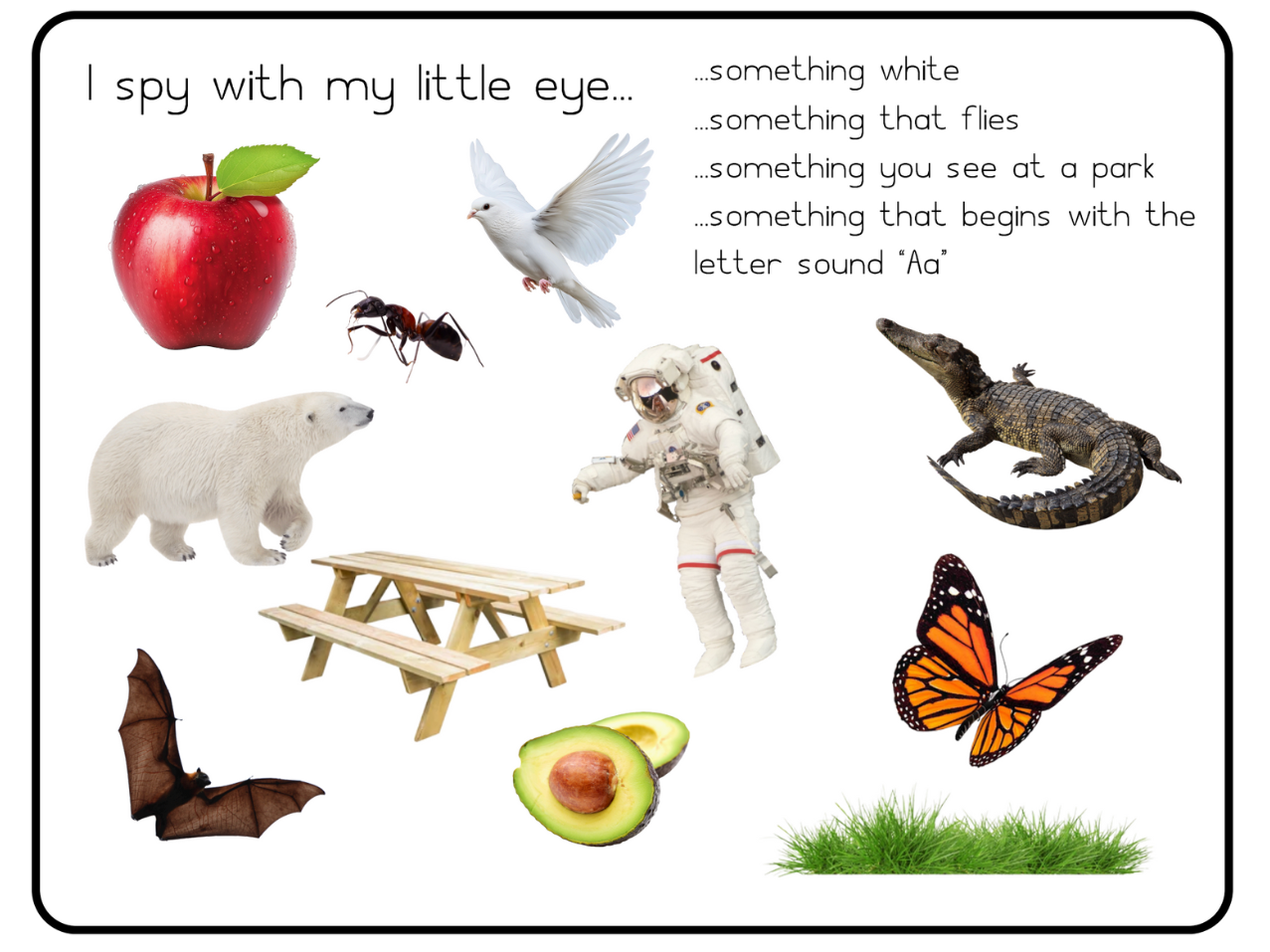Menu
-
-
Shop Holiday Items
-
Shop Gifts By Age
- Gifts For a 0-6 Month Old
- Gifts For A 6-12 Month Old
- Gifts For A One Year Old
- Gifts For A Two Year Old
- Gifts For A Three Year Old
- Gifts For A Four Year Old
- Gifts For A Five Year Old
- Gifts For A Six Year Old
- Gifts For A Seven Year Old
- Gifts For An Eight Year Old
- Gifts For A Nine Year Old
- Gifts For A Ten Year Old
-
Shop Gifts By Budget
- New Arrivals
-
Toys
- Large Active Toys
- Animal Toys
- Arts & Crafts
- Award-Winning Toys
- Bath Toys
- Birthday Wishlists
- Building Toys
- Cars, Trains, & Trucks
- Games
- Instruments
- Loose Parts Play
- Loot Bag Toys
- Made in Canada
- Outdoor Toys
- Pretend Play
- Puzzles
- Sensory And Fidget Toys
- Sensory Bin Tools & Fillers
- STEM Toys & Activities
- Toronto-Themed Gifts
- Travel Toys
- Wooden Toys
- Waiting Room Toys & Furniture
-
Montessori Materials
- Montessori At-Home Program
-
Montessori Furniture
-
Bundles & Sales
-
Books
-
Shop By Age
-
Shop By Brand
- Brands A-F
- Brands G-L
-
Brands M-R
- MagicPlaybook
- Magna Tiles
- Make Believe Ideas
- Makedo
- Manhattan Toys
- Math for Love
- Milaniwood
- MindWare
- Mojo Toys
- Moluk
- Moulin Roty
- Native Northwest
- nic
- Nienhuis
- Ooly
- Opinel
- Ostheimer
- Papoose
- Peaceable Kingdom
- Plan Toys
- Plus-Plus
- Preschool Collection Watches and Timers
- Ravensburger Puzzles
- Real Life Pages
- Brands S-Z
-
- 866-901-4696
- Gift Registry
- Login


Why Challenge is Essential For Healthy Development
2 min read
As I watch my two year old wrestle to get his jacket off...
...Or my six year old get frustrated when trying to sound out certain words - it's incredibly tempting to jump in and help them with these tasks.
They're easy for me and it would only take a few seconds BUT I remind myself of the value of these challenges.
Why Challenge is Essential For Healthy Development
Developmentally appropriate challenges are an important part of development for three reasons:
1. Overcoming challenges builds confidence.
The right level of challenge provides children with a chance to focus, improve, and master an activity. Improving a skill and eventually completing a goal builds confidence.
2. They hold our children's attention the longest.
Activities that are too challenging can feel frustrating and overwhelming. Activities that are too easy will be boring. Both mean your child will losing interest in them quickly.
With the right amount of challenge, children engage deeply in the work. This helps develop their concentration.
3. They develop problem-solving skills and develop a love a learning.
Challenges keep children curious, inviting them to persevere through each new challenge.
This helps children learn to see challenges as an opportunity to learn something new and problem solve - rather than something they can’t handle.
How To Offer The "Right" Level of Challenge?
Appropriate challenges push children slightly beyond their current capabilities.
This concept is known as the "Zone of Proximal Development", a term coined by the famous children's psychologist, Lev Vygotsky.
It suggests that children learn best when tasks are neither too easy nor too hard, but just right to require some effort.
To ensure your child is being offered the right level of challenge - start with observation.
Watch them play, dress, work, move, etc to see where their interests currently lie and what skills they’re working on.
Are they trying to pick up small items with their pincer grasp? Are they trying to help you in the kitchen? Are they asking for art supplies every day?
Start with offering activities or learning opportunities based on these observations:
- A child that's mastered several peg puzzles might be ready to try jigsaw puzzles. You can start with a simple 4 or 6 piece jigsaw.
- A child that's showing interest in letters could start learning the phonetic sound of a couple letters, i.e. 'd is for ddddad' Check out this sound chart for help!
- A child that's pulling on their socks could also work on pulling off their pants or diaper before their bath. To start these tasks, you might need to pull the socks, pants, or diaper halfway off. When they're mastered that, they can begin taking them fully off.
In education, this is known as scaffolding - when new skills are built on previous skills.
Frustration is Normal
It's normal for children (and adults) to become frustrated and make mistakes, when learning something new.
This is especially true as children get older and the tasks and challenges become more complex.
I wrote this post last month with four strategies to help children work through their frustration. You can find that here: Why Making Mistakes is Important for Young Children
Join Our Montessori Community
Sign up to get weekly activities, free printables, Montessori parenting guidance, and so much more.
Plus, get $10 off your first order of $100+.
Like this article? Get new articles, weekly activities, free printables, Montessori parenting guidance, and so much more.
One mom recently shared:
"Your newsletter is always SO great. It is one of the few I open and read weekly. You provide so much value. Thank you!"


